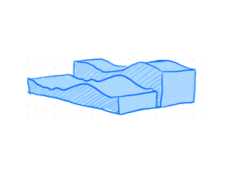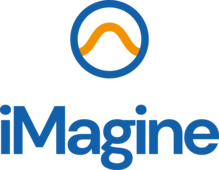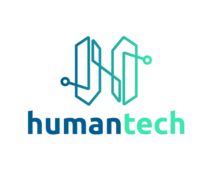
Research Departments
- Agents and Simulated Reality 1
- Augmented Vision 3
- Cooperative and Autonomous Systems 2
- Embedded Intelligence 1
- Innovative Factory Systems 2
- Marine Perception 7
- Robotics Innovation Center 5
- Smart Data & Knowledge Services 2
- Smart Service Engineering 1
Research Topics
- Autonomous Systems 10
- Data Management & Analysis 5
- Human-Machine Interaction 5
- Image Recognition & Understanding
- Language & Text Understanding 1
- Machine Learning & Deep Learning 12
- Other 4
- Robotics 7
- Sensors & Networks 10
- Virtual & Augmented Reality 4
Fields of application
- Environment & Energy
- Farming & Agricultural Technology 6
- Health & Medicine 3
- Industrie 4.0 7
- Mobility 2
- Other 5
- Smart Home & Assisted Living 1
- Trade & Logistics 1
Search narrowed by:
Displaying results 1 to 10 of 21.
Research Departments
- Agents and Simulated Reality 1
- Augmented Vision 3
- Cooperative and Autonomous Systems 2
- Embedded Intelligence 1
- Innovative Factory Systems 2
- Marine Perception 7
- Robotics Innovation Center 5
- Smart Data & Knowledge Services 2
- Smart Service Engineering 1
Research Topics
- Autonomous Systems 10
- Data Management & Analysis 5
- Human-Machine Interaction 5
- Image Recognition & Understanding
- Language & Text Understanding 1
- Machine Learning & Deep Learning 12
- Other 4
- Robotics 7
- Sensors & Networks 10
- Virtual & Augmented Reality 4
Fields of application
- Environment & Energy
- Farming & Agricultural Technology 6
- Health & Medicine 3
- Industrie 4.0 7
- Mobility 2
- Other 5
- Smart Home & Assisted Living 1
- Trade & Logistics 1







